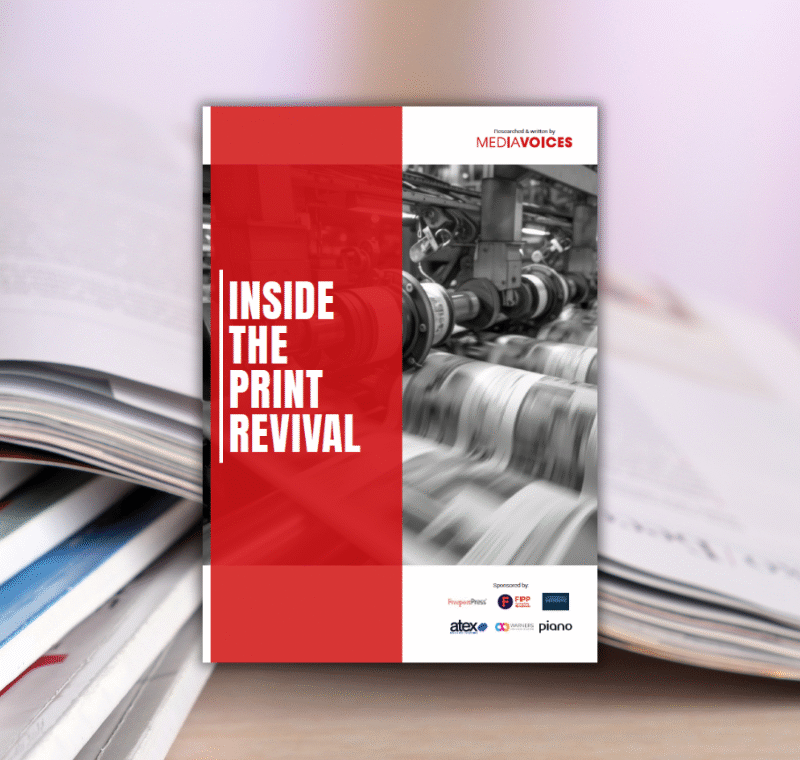IPC Media Digital Conversations sheds light on the ‘dark social’
Consumers are more likely to share through hidden ‘dark social’ methods – such as forwarding web links or content – than via social media, IPC Media’s new Digital Conversations research has discovered.
Digital Conversations sheds light on what gets consumers talking online, how these conversations take place and what impact they have on consumer behaviour. IPC worked with GfK and Radium One on the research over a six month period to understand the views of nearly 500 consumers.
Andrew Sanders, brand partnerships director, IPC Advertising said: “This analysis demonstrates that consumers want to share content in a personal way with a specific audience who it is directly relevant to. If content partnerships are done well, people can become advocates of a brand among their peers and this is incredibly valuable for advertisers.
“The work we have done with GfK and Radium One shows just the tip of the influence iceberg as 16 per cent of premium site users indicate that they share brand links every week and this kind of sharing activity is notoriously much harder for brands to track. Consumers act on recommendations from close friends and trusted family so, although this ‘dark social’ is harder to track, it should not be overlooked, after all over 90 per cent of conversations occur offline completely.”
What people share
Consumers interested in niche topics are passionate about their specific interests and are more likely than readers of non-premium websites to talk about those topics with people they know, resulting in social network shares, conversations and word of mouth recommendations.
- 77% of the users of IPC’s entertainment sites are more likely to recommend music, film and entertainment content
- 62% of IPC’s fashion and beauty site users are more likely to talk about fashion and accessories
- 49% of visitors to IPC’s websites communicate to others what they see online
Why people share
The research found that the audience of IPC’s premium content sites is more likely to be influential and opinion led, compared with consumers of non-premium content sites:
- 70% of premium content users believe that people value their opinions (compared to 49% of non-premium content users)
- 45% of premium content users are likely to share something that they think a friend would like, compared to 12% of non-premium content site users
- 51% of premium content site users share because they think someone would enjoy the content, compared to 38% of those visiting non-premium sites. 65% do so because it would be of interest, compared to 54% of non-premium site users
- 66% share content because it was relevant to a friend or family member, compared to 56% of non-premium site users
How people share
Digital Conversations also found that people share content in an extremely personal way and are more likely to narrowcast to acquaintances rather than disseminate widely via social media. Working with Radium One, Digital Conversations discovered that, in a typical month, there were 18,908 incidents of users choosing to copy text from the Marie Claire website and share it with a friend via email. This is compared with 1,747 instances of users sharing via Facebook and Twitter. Similarly on NME.com there were 44,850 emailed shares compared with 5,674 shares via Facebook and Twitter.









